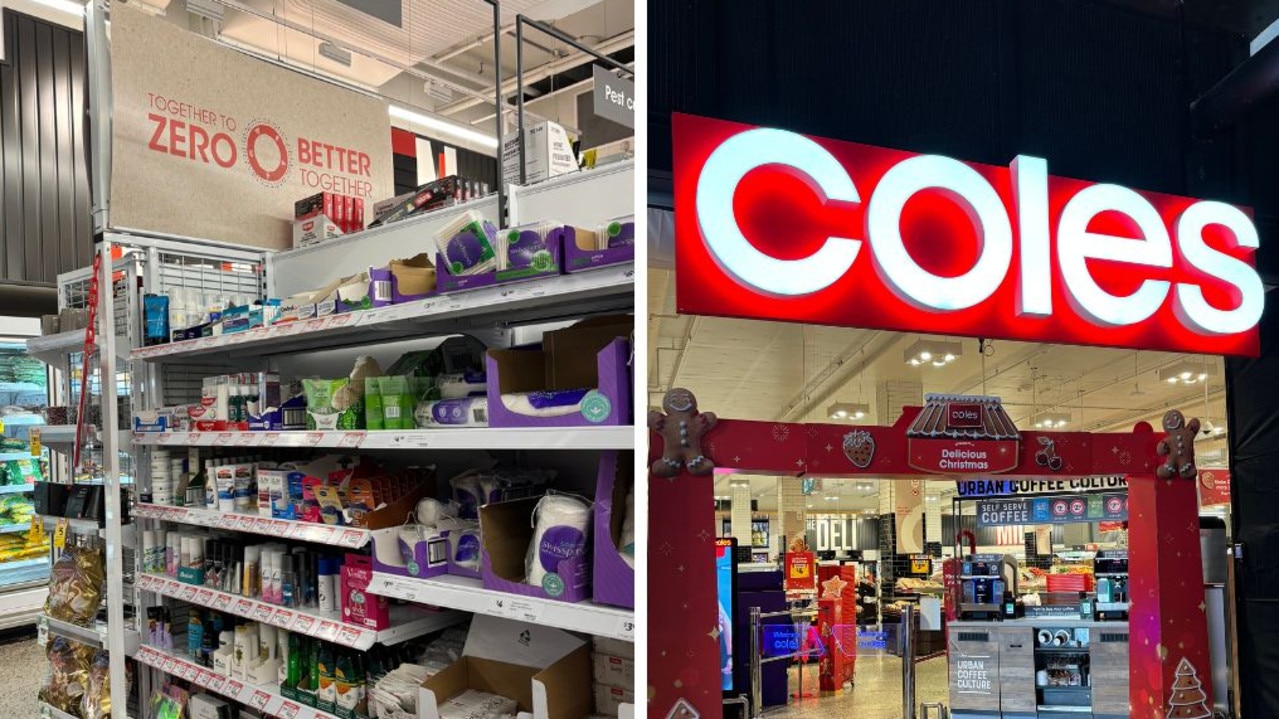Inside Australia’s transgender community: Why we’re not Cait
THE widespread acceptance of Caitlin Jenner is an undoubted positive, but Aussies say the reality of life as a transgender person is still a daily struggle.
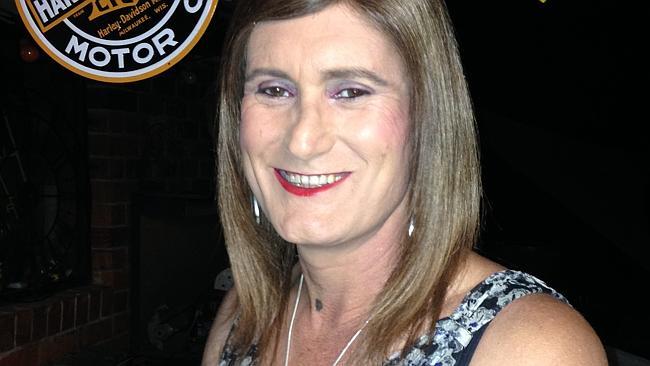
Real Life
Don't miss out on the headlines from Real Life. Followed categories will be added to My News.
CAITLYN Jenner’s high profile transition into a woman has brought many issues facing transgender people into the spotlight.
To some onlookers, it looks like a wonderful time to be a trans person. But ordinary Australians say the reality is far harder than the wealthy star’s TV show suggests.
Sarah, from Brisbane, says she faces daily whispered remarks, giggles and nasty comments from people in the street. While Caitlyn has bought herself an attractive, feminine face and body, most transgender people can’t afford to look the way they feel.
“We’re not freaks, we’re just who we are, trapped in the wrong body,” Sarah told news.com.au. “Every day I wake up and want to tear it to pieces.”
Sarah, now 47, realised who she was when she was six years old, on a caravan park holiday in Port Macquarie. All she wanted was to be one of the girls, but this was the seventies, and it wasn’t an option. Her father was violent and abusive, her mother conservative.
“I started isolating myself from everyone so I didn’t let my secret out,” she said. “I went fishing, went to the library alone. At 16, I thought, I can’t take this any more, so I went to see a psychiatrist. He yelled and screamed and called me names. I had to look up the meaning of two. If a professional was going to do this, what would society think? I shut myself down, bitter against the world, and hid who I was.”
Like many transgender women in denial, Sarah thew herself into hyper-masculine activities, joining the air force while still a teenager, playing sport, drinking and getting into fights. “I hated every square millimetre of myself developing and getting bigger. I detested myself every day. I put my body in dangerous situations. The sooner I died, the better. If it was ultra-fast, ultra-dangerous, I did it.”
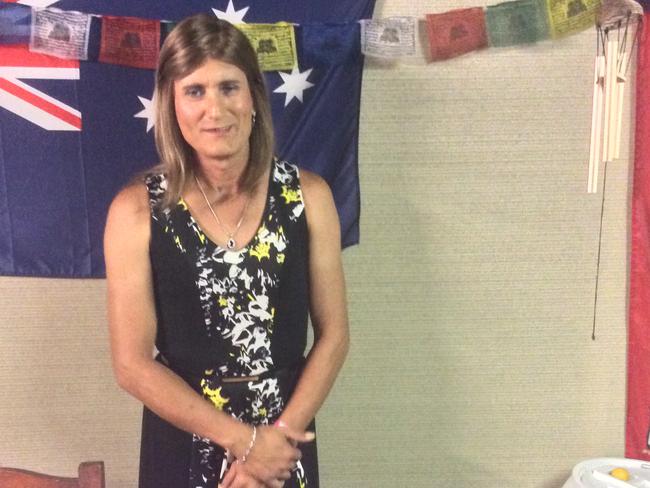
After she left the air force, Sarah moved from job to job, working for bikie gangs as a protector, learning karate and drinking all day, every day. Then she hurt her back and couldn’t even work any more.
Sarah was married for 13 years, before learning her wife had racked up $400,000 in gambling debts. After the relationship ended, she realised she had feelings for a female friend, who gave her stability and kept her mind off the things she didn’t like. Two years into their relationship, the love of her life died suddenly of a rare and aggressive form of cancer.
“That was it for me. The one and only person I’d loved was gone. I fell into a giant black hole and attempted suicide in August last year.” In hospital, she broke down and admitted everything, and her journey to becoming a woman began with hormone treatment.
The attempted suicide rate among trans people is 45 per cent, compared with six per cent of the general population. A 2007 survey found almost 90 per cent of transgender people in Australia and New Zealand had experienced discrimination including verbal abuse, social exclusion, physical threats and violence.
The pain hasn’t ended for Sarah. “I’ve gone from being a prisoner of my body to a prisoner of society,” she said. “My body’s not responding to hormones, I’m 6ft 3in with a broken nose and solid male features, it’s very hard to ‘pass’. Society’s not really accepting of transgender people. They are of younger people where you can’t really tell, but for us older people, it’s mentally draining.”
On her disability support pension, Sarah has little prospect of saving the $40,000 minimum she needs to even have a basic level of facial surgery. Unlike someone with a minor deformity, or hearing loss, there’s no government assistance for people like her.
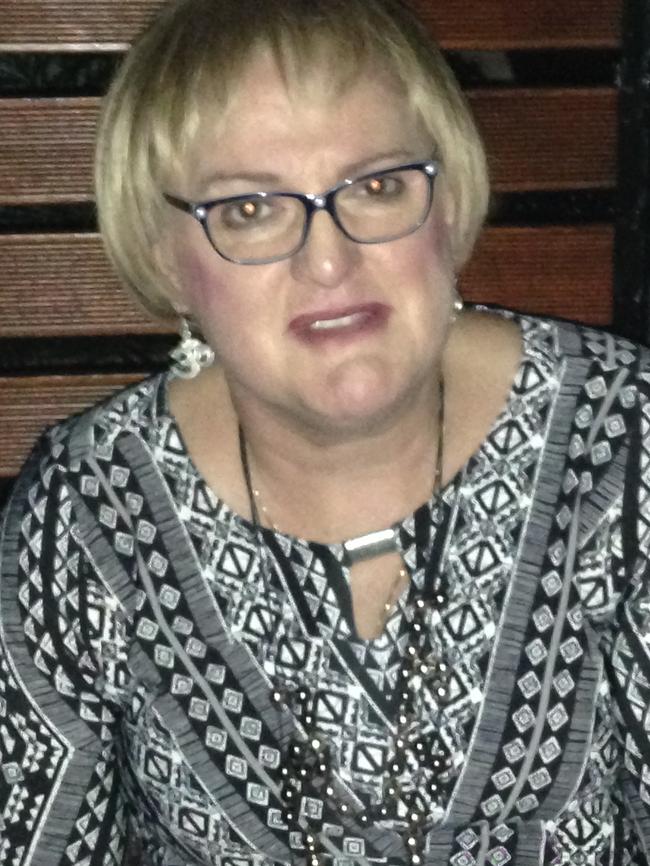
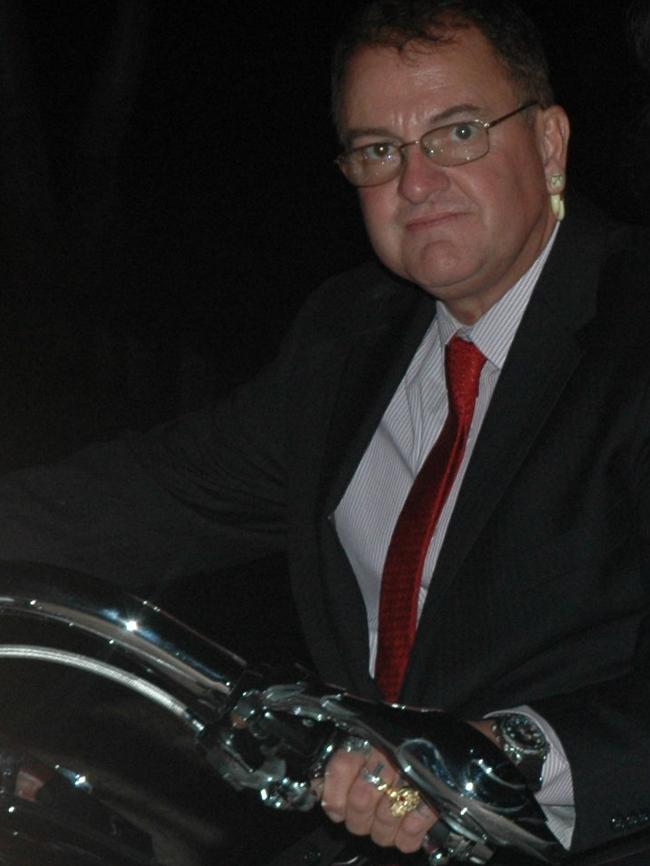
Sarah only really feels comfortable at local trans spaces — a few pubs and a clubs — and as someone who doesn’t drink any more, that wouldn’t be her first choice. She only shops with friends, glaring at people who comment. “The more you ignore them, the more people think it’s OK to do it. People say, keep smiling, don’t worry about them. Those people don’t have to listen to the jeers, sneers and the laughter, or have to defend themselves. I just want to be happy.”
Not every transgender person has had a negative experience, however.
Dazeford, 56, was married for 22 years and spent 21 years in the army as David, but never quite fitted in. “I lost my second wife in a motorbike crash just after we married. In October, I was pondering and things fell into place. There were a number of times in my life that I’d thought, it would be great to be female, but most of my knowing is in hindsight. All those little things in my life fell into place.”
Three years on from David’s wife’s death, a neighbour threw a lingerie party and someone asked if he was “into bras”. After saying no, “I had this sort of twang inside.”
Dazeford’s friends and family were supportive. “I sort of landed on my feet,” she said.
Some people she told replied with “no s***, Sherlock”, while others said they had seen a gradual change over recent years.
“I’ve always been more feminine than masculine,” she says. “My wife would have had no problem with it, she was very accepting and non-judgey. We had conversations about her life, my life. When we first met, I told her I was bisexual and she was very laid-back.”
Dazeford thinks there are reasons to be grateful to prominent transgender figures like Jenner. “Ten years-plus ago I very much doubt it would have come up in conversation, you’d still be ostracised. They are bringing it out into the open a lot more.
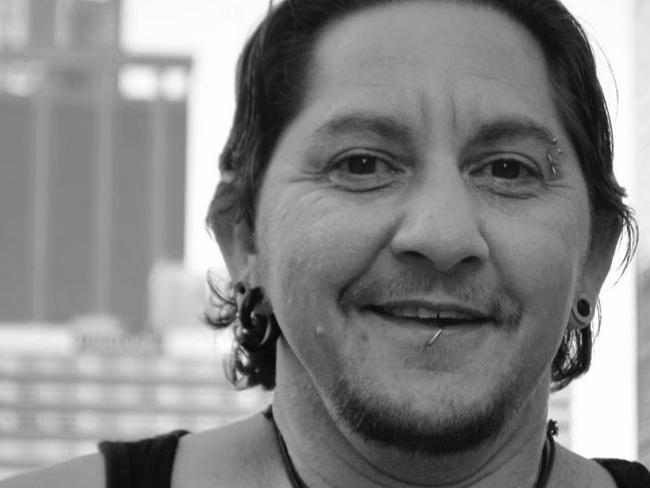
“Society in general still has a problem with it, still struggles with it. Throw a couple of million at it and you can do anything to your body, but for a lot of people it’s three, five, 15 years.
“It’s a slap in the face for those of us who can’t afford surgery. I’d get it done tomorrow if I could. But I’m happy I’m what I’m supposed to be.”
Jaxxon Chilli, a 37-year-old trans man from Brisbane, says he used to tell his parents he was a boy when he was a child. He always hoped that, one Christmas, Santa would bring him what he most wanted, but didn’t realise it was a real option.
Five years ago, Jaxxon transitioned, with little difficulty compared to many. “My parents were fairly good,” he told news.com.au. “I transitioned on the job so everyone knew about it. To my face they were nice and I think behind my back. They were getting their heads around it. They didn’t come from the LGBT world but they were supportive, they asked questions.”
Jaxxon says he’s not sure society is more accepting, but it’s “definitely more aware.”
“That awareness has been created through social media and people like Caitlyn Jenner and [transgender figurehead] Chaz. That wasn’t around five or ten years ago. I think it will get better.”
He admits that in one of the casual jobs he works in now, no one knows. And he’s kept his old name on his birth certificate, at his mother’s request. “I’ve got two names, I’m almost living this double life.”
But he thinks it may be easier for a trans man than a woman. “In my experience, mostly us trans guys, once the hormones kick in, we pretty much assimilate into society, whereas some trans woman are taller, with deeper voices, and they stand out a bit more.”
Jaxxon runs a club where trans people can relax, socialise and be totally free from judgement. “I know stories of people who’ve had it hard,” he adds. “I’ve had struggles in my life, but once I worked out who I was ... now I’m building from within.”
If you, or someone you know needs help, please contact Lifeline on 13 11 14
For support and information on transgender networks in Australia, visit www.ausgender.com.au
Originally published as Inside Australia’s transgender community: Why we’re not Cait



